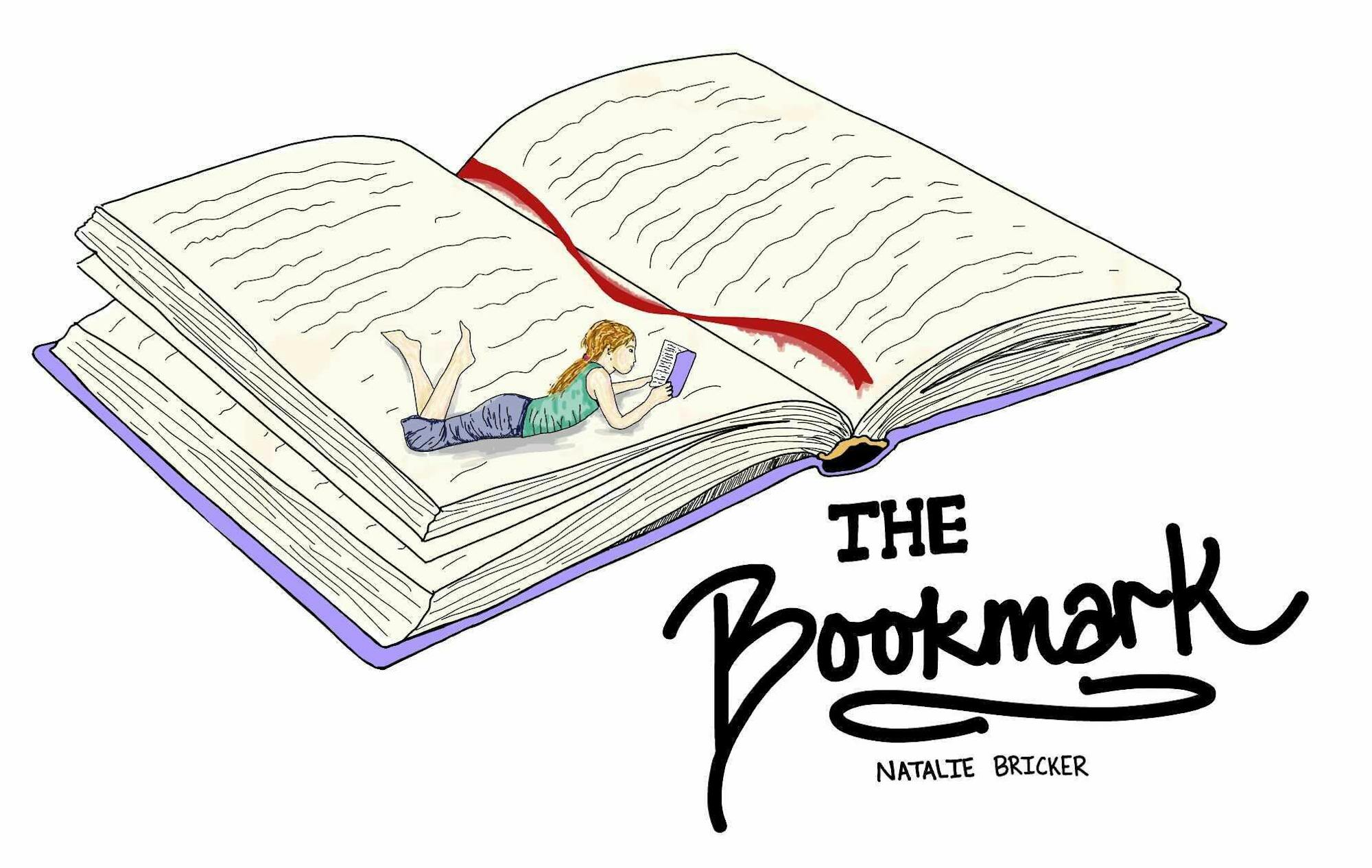Disclaimer: This article contains spoilers for “The Glass Castle” memoir (2005) and film adaptation (2017).
Welcome back to “The Bookmark,” your go-to column for book reviews! Last week, I featured “Tomorrow, and Tomorrow, and Tomorrow.” This week, we’re switching up genres and taking a look at a beautiful and heartbreaking memoir.
“The Glass Castle” has quickly risen to my list of best memoirs, right up there with “Wild” by Cheryl Strayed and “I’m Glad My Mom Died” by Jennette McCurdy. If someone asked me for a memoir recommendation, I’d likely point them toward “Wild” first, then “The Glass Castle,” followed by “I’m Glad My Mom Died.” (McCurdy’s story is incredible, but super depressing and not a fun, light-hearted read … that’s a review for another time.)
A common theme in “The Glass Castle” is Walls’ attempts to show her mother how much the family is struggling. When she says, “Mom, we can’t go on living like this,” her mother responds: “You’re always so negative. … I’m doing the best I can under the circumstances.” These frustrating conversations are even more astonishing when the reader finds out her mother had access to over a million dollars the whole time. Because Walls’writing is so open and vulnerable, the reader feels her every emotion when she learns of the money her mom had all along.
In moments like these, Walls’memoir raises important questions about selfishness, poverty and the mindset of people like her parents, who are drawn to the nomadic life, even if that means homelessness.
The most impressive part of Walls’writing is her ability to show the full depth of each character. There are no one-dimensional characters and no black-and-white labeling of “good” and “bad” people. Given some of the awful things her parents did, readers would surely understand if she painted them as “bad parents” and left it at that. But she doesn’t reduce them to villains. In fact, Walls shares a lot of beautiful moments with her parents — especially her dad — that help the reader understand why she loved them so much.
A metaphor that she returns to several times throughout the book is the image of fire as something that’s out of control and dangerous. After Rex pulls Walls and her brother out of an accidental fire they started out of boredom, he points out that the “invisible shimmery heat … was known in physics as the boundary between turbulence and order.” I love everything about this line, especially the phrase “invisible shimmery heat.”
The last line of the book calls back to this moment: “A wind picked up, rattling the windows, and the candle flames suddenly shifted, dancing along the border between turbulence and order.” The final line of a book is perhaps the hardest to write and Walls managed to end on the perfect note. She found a way to both recognize the pain she’d lived through (“turbulence”) and also the beauty (“order”), all while creating a vivid image to conclude the book.
Walls’memoir receives a 4.5/5 rating instead of a five-star rating simply because it didn’t absolutely blow me away like other memoirs have. However, I definitely enjoyed reading it and will recommend it, so don’t let the 4.5 rating dissuade you! This is the perfect book for someone wanting to explore the memoir genre.
I’ll leave you with a quote to ponder; this one really sums up the dynamic between Walls and her mother.
“Mom gave me a startled look. I’d broken one of our unspoken rules: We were always supposed to pretend our life was one long and incredibly fun adventure.”






